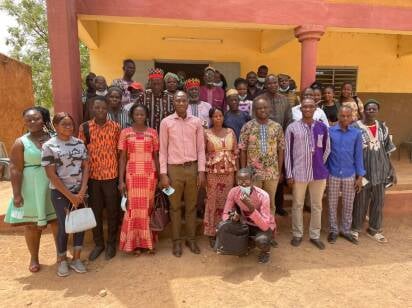
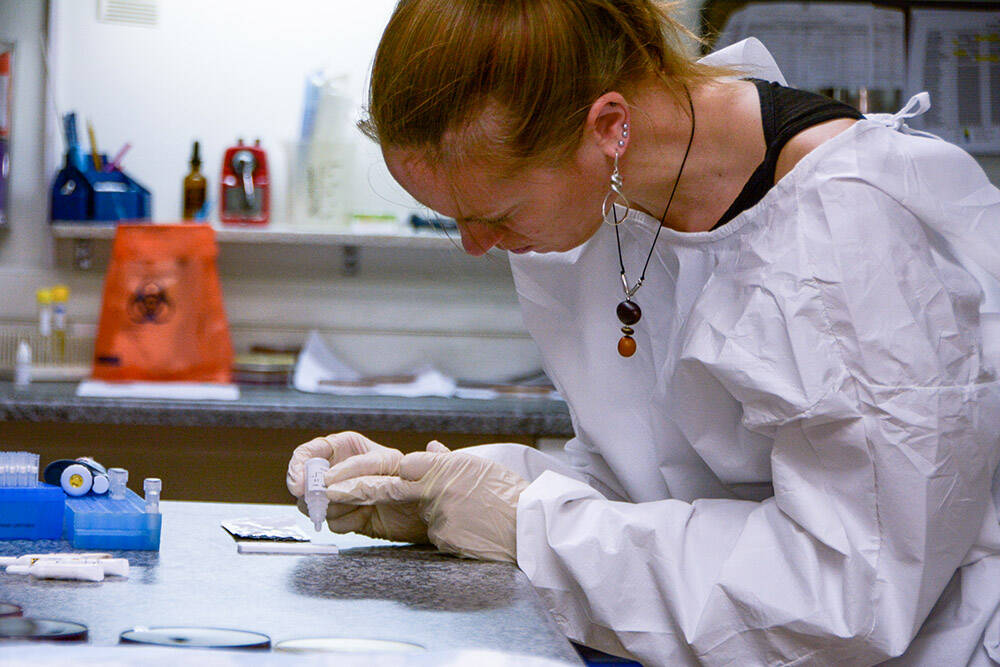
After successful reintegration back in Burkina Faso, he has become more competitive and won an EDCTP Career Development Fellowship, which is supporting a trial of nutritional supplementation as a strategy for improving the effectiveness of SMC. His hypothesis is that malnutrition, common in children in Burkina Faso, is increasing susceptibility to malaria. He is therefore carrying out a randomised trial that will assess the impact of supplementation with combinations of vitamin A, zinc and Plumpy’Doz (a fortified peanut butter-like paste) on antimalarial immune responses as well as growth.
Alongside this EDCTP-funded project, he is also leading work on other strategies to enhance the impact SMC, for example by screening and treating household members for malaria during SMC. He will also be continuing studies on the genetic diversity of malaria parasites and its impact on malaria infections and transmission.
scroll down
Malaria prevention has been a specific interest of Dr Paul Sondo, a molecular parasitologist based at the Clinical Research Unit of Nanoro in Burkina Faso. Dr Sondo was awarded a Clinical Research and Development Fellowship, through a scheme jointly run by EDCTP and the UNICEF/UNDP/World Bank/WHO Special Programme for Research and Training in Tropical Diseases (TDR), which allowed him to spend time at the Worldwide Antimalarial Resistance Network (WWARN), enabling him to develop his technical skills, research planning expertise, and international networks.
Every year, more than 1000 children die from malaria in Burkina Faso. One approach used to minimise such deaths is seasonal malaria chemoprevention (SMC), administration of antimalarial drugs to healthy children at times of year when malaria transmission is highest. However, the impact of SMC has not been as high as hoped.
EDCTP Career Development Fellow Dr Paul Sondo has begun studies to determine whether addressing malnutrition will improve the effectiveness of seasonal malaria chemoprevention.
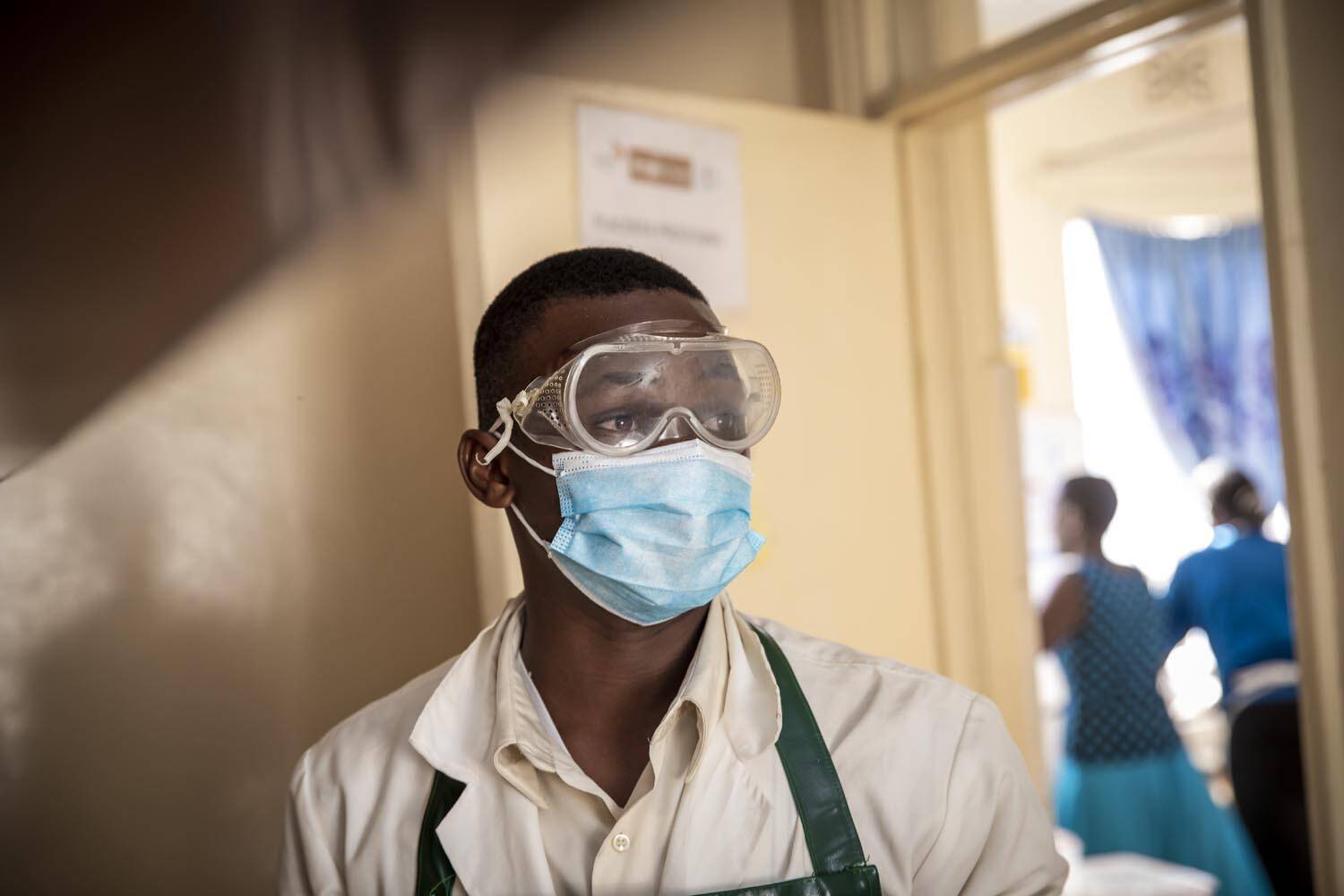
Tackling malaria and malnutrition
Dr Sondo with investigators and local community leaders during the restitution meeting of the project findings.
Dr Paul Sondo
(Burkina Faso)
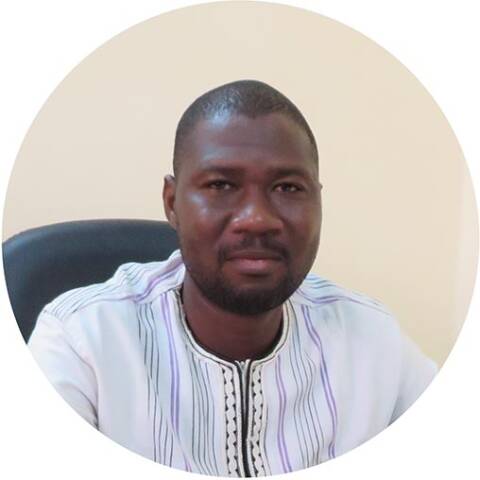
scroll down
What comes next for your fellowship, your research team and/or your career development?
Paul Sondo: A new field station of our institution was opened at Soaw under my responsibility for the implementation of my SMC-NUT project funded by EDCTP2. In rural Africa, children who receive Seasonal Malaria Chemoprevention (SMC) are mostly malnourished. The SMC-NUT project aimed at finding out if combining SMC with nutrients supplementation will better prevent both malaria and malnutrition. After the implementation of this SMC-NUT project, I had the opportunity to be granted the SMC-RST project by Expertise France L’Initiative, which allows me to maintain my team for the duration of this project. The big challenge is sustainability. I would not like to see this station closed again but I cannot be certain of its future in the context of scarcity of funding opportunities.
How will the EDCTP Career Development Fellowship further the development of your career?
Paul Sondo: With this programme, I was able to increase my scientific productivity to progress to the next level of my career. Therefore, from a level of associate researcher since 2017, I was promoted to the level of research master in 2021 by the African and Malagasy Council for Higher Education (CAMES).
How has the experience gained through the Clinical Research and Development fellowship helped you so far?
Paul Sondo: The EDCTP fellowship fostered my leadership abilities. The fellowship offered me the opportunity to lead a project and manage a team as principal investigator. Through this programme, I also had the opportunity to supervise master’s students for the first time in my career, facilitating my transition from student to supervisor.
Dr Paul Sondo aims to establish whether a combined strategy of seasonal malaria chemoprevention (SMC) with nutrients and vitamin A-Zinc supplementation will improve SMC outcomes and reduce malnutrition.
Dr Paul Sondo
Project Q&A
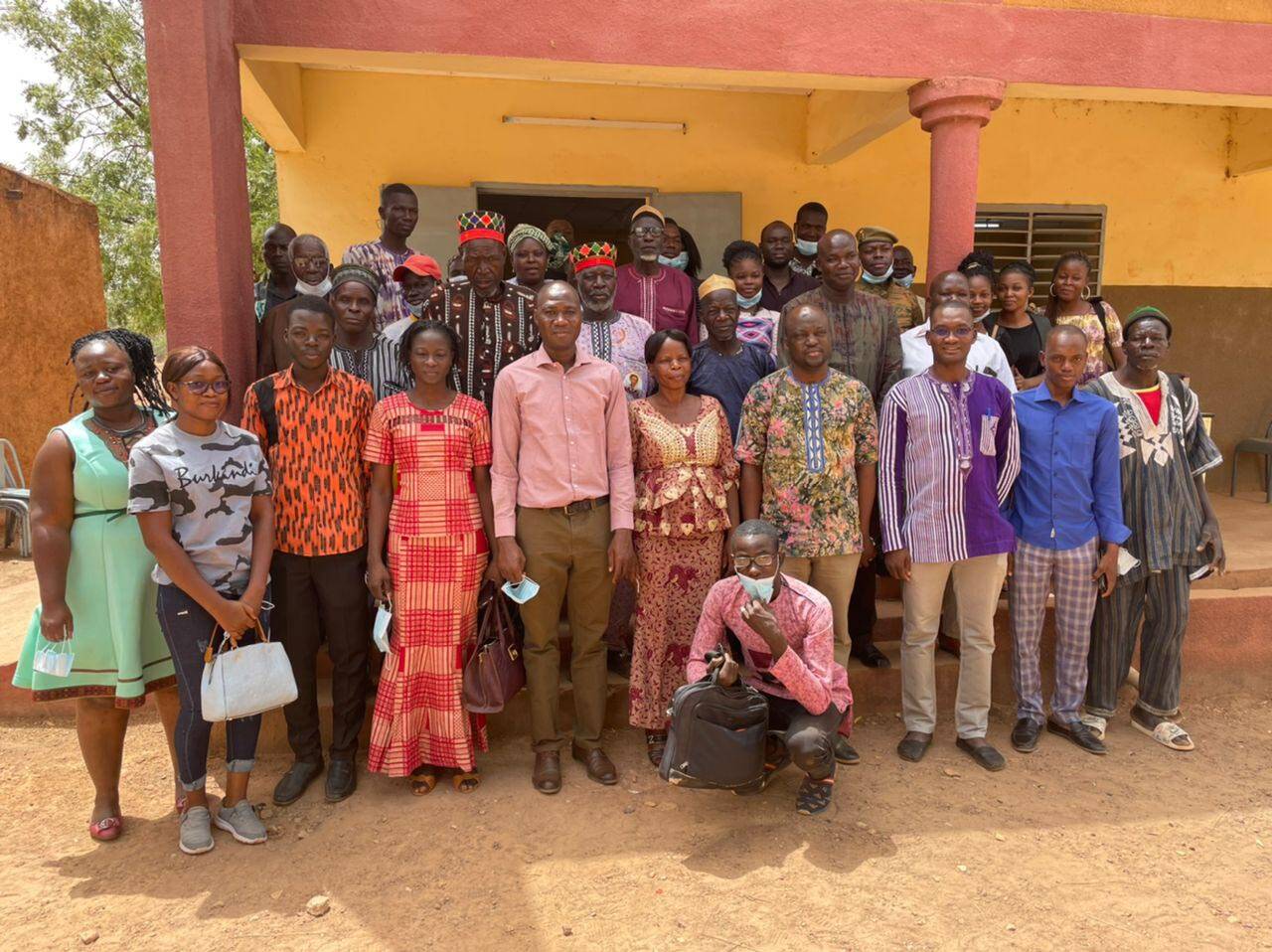
Project: SMC-NUT: Assessment of a combined strategy of seasonal malaria chemoprevention + nutrients and vitamin A-Zinc supplementation to tackle malaria and malnutrition in Burkina Faso
Project lead: Dr Paul Sondo, Institut de Recherche en Sciences de la Santé, Burkina Faso
Year funded: 2019
EDCTP funding: €147,500
Grant agreement: TMA2018CDF-2365
